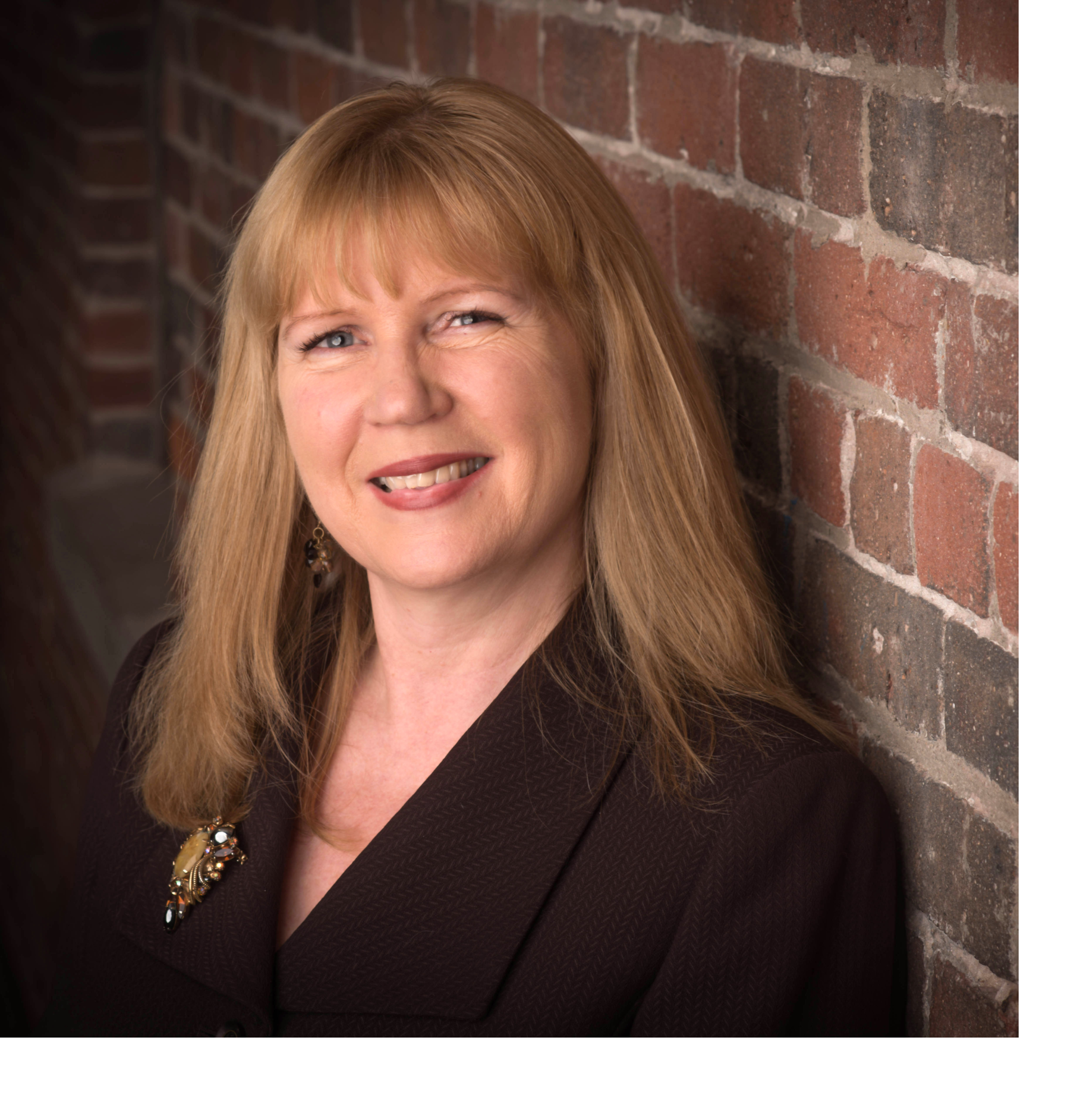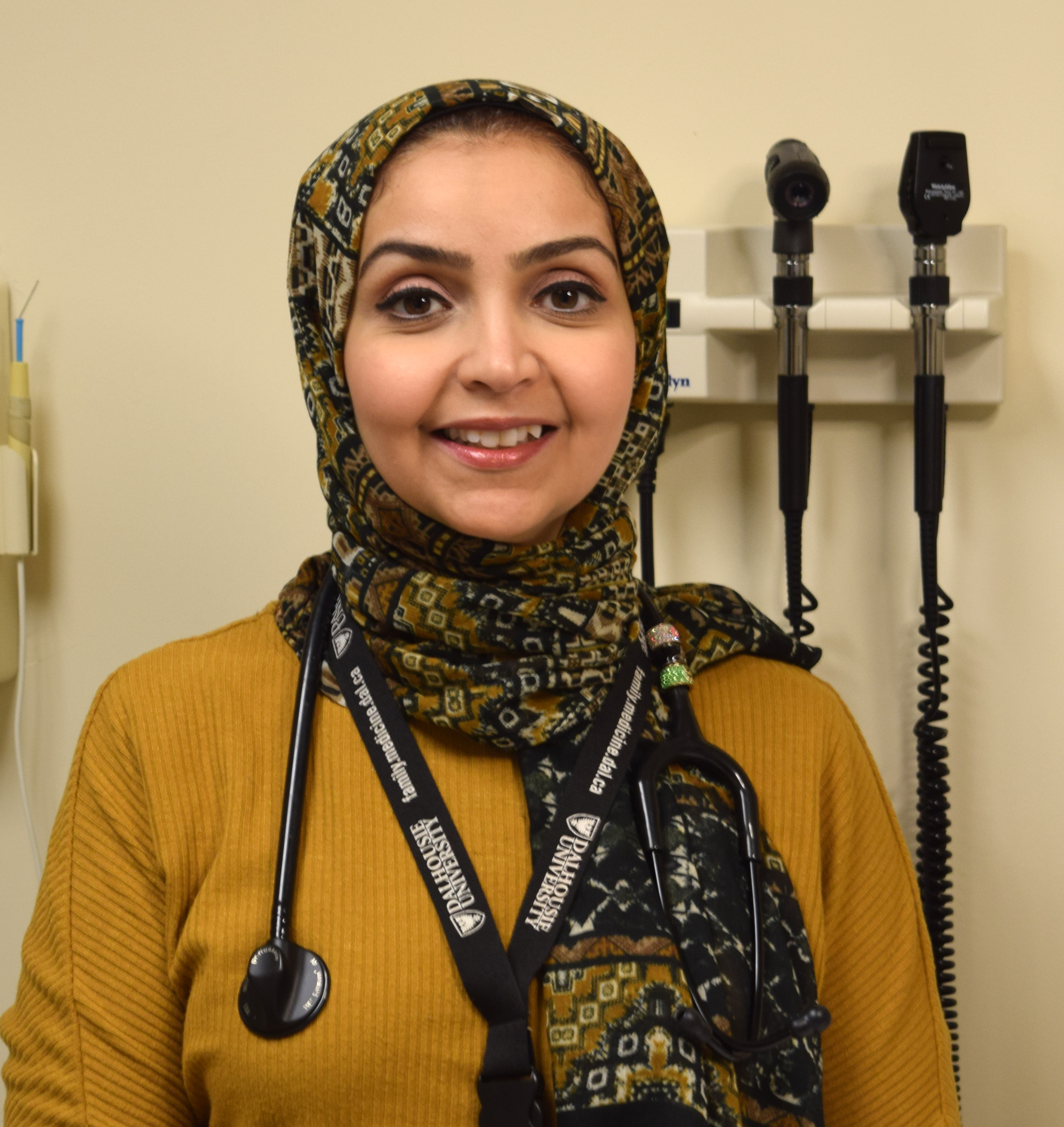A place that family physicians can call home
Relaunching a new PRA program is one of the ways Nova Scotia is addressing a critical physician shortage
 In Nova Scotia, the news regularly reports that thousands of residents are without a family physician and dozens of family medicine positions are vacant. Organizations in health care are working together to find solutions to attract more physicians. “Launching a renewed Practice-Ready Assessment (PRA) program is one of several ways the province hopes to address the physician shortage,” explains Dr. Fiona Bergin (pictured left), Clinical Director of the Nova Scotia Practice Ready Assessment Program (NSPRAP). As previously announced by the College of Physicians and Surgeons of Nova Scotia (CPSNS), the former program, called the Clinician Assessment for Practice Program (CAPP), ended in 2015 after a 10-year run.
In Nova Scotia, the news regularly reports that thousands of residents are without a family physician and dozens of family medicine positions are vacant. Organizations in health care are working together to find solutions to attract more physicians. “Launching a renewed Practice-Ready Assessment (PRA) program is one of several ways the province hopes to address the physician shortage,” explains Dr. Fiona Bergin (pictured left), Clinical Director of the Nova Scotia Practice Ready Assessment Program (NSPRAP). As previously announced by the College of Physicians and Surgeons of Nova Scotia (CPSNS), the former program, called the Clinician Assessment for Practice Program (CAPP), ended in 2015 after a 10-year run.
“The closure of the program created a gap in some communities that had benefited from having International Medical Graduates (IMGs) practicing there. In addition, the increasing shortage of family physicians in many more communities likely led to the creation of NSPRAP,” says Dr. Bergin.
To align with PRA practices across the country, Nova Scotia created a blueprint based on the National Assessment Collaboration and the experience of counterpart programs in other provinces. Dr. Bergin states that the former CAPP had a strong training component, with mentorship during clinical assessment.
By contrast, NSPRAP will select candidates who are deemed to be practice-ready. The new program will also take advantage of the National Assessment Collaboration PRA tools the Medical Council of Canada (MCC) has developed, such as the Therapeutics Decision-Making exam.
IMGs part of the solution
 PRA is one way Nova Scotia is trying to get physicians to come to the province and, more importantly, to stay.
PRA is one way Nova Scotia is trying to get physicians to come to the province and, more importantly, to stay.
Someone who fully embraced the East Coast lifestyle is Dr. Abir Hussein (pictured right). In 2011, under the previous CAPP program, she was selected and placed in Yarmouth, on Nova Scotia’s southwest coast. An immigrant from Egypt with her husband and three children (she now has four), Dr. Hussein not only stayed in Yarmouth, but she also became Director of Postgraduate Training at Dalhousie University in southwest Nova Scotia.
“I felt welcomed by the community. I was included, and my kids were as well,” she said. Her husband, an internal medicine specialist, did a residency in Saint John, New Brunswick, and then joined her in Nova Scotia. “The most important reason I stayed is the collegial environment at Yarmouth Hospital and my practice. We are like a family. I feel that I’m supported and valued.” She mentions the natural beauty of Yarmouth and the “family-friendly” culture were also enticements.
NSPRAP, like the former CAPP program, includes a “return of service” requirement to practise for a certain period in an underserved community. The PRA physicians help fill the gaps in rural areas by providing care for this period. “The downfall is that some of the doctors don’t stay in rural Nova Scotia,” admits Dr. Hussein, who sees the same issue with the local postgraduates she helps to train. “However, PRA is still a good recruitment tool. Some will settle and call it home — like me.”
Gearing up for PRA
Starting a new program from the ground up is “quite exciting,” adds Dr. Bergin. Along with a Program Coordinator and Administrative Assistant, she has been developing a myriad of policies and procedures that need to be put in place.
While the program is hosted by the Department of Family Medicine at Dalhousie University, it involves several other partners: Nova Scotia Department of Health and Wellness, Nova Scotia Health Authority, CPSNS, and, of course, the MCC.
“It’s an integrated program. Everyone is dependent on everyone else playing their part,” explains Dr. Bergin. For example, CPSNS reviews the candidates’ credentials, and Nova Scotia Health Authority decides where the candidates will practise.
The program is kicking into high gear as CPSNS has just referred the first three candidates. “The next step will be to interview candidates to determine their suitability for the program and offer those selected the opportunity to demonstrate their clinical skills in various communities where they will be assessed by experienced family physicians,” affirms Dr. Bergin. That’s great news for the many Nova Scotians waiting for a family doctor.